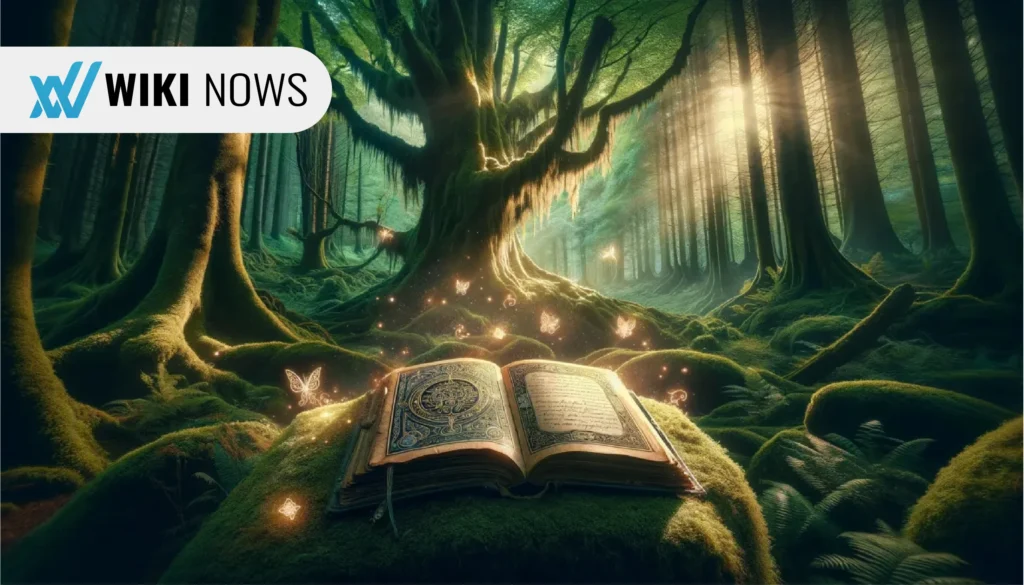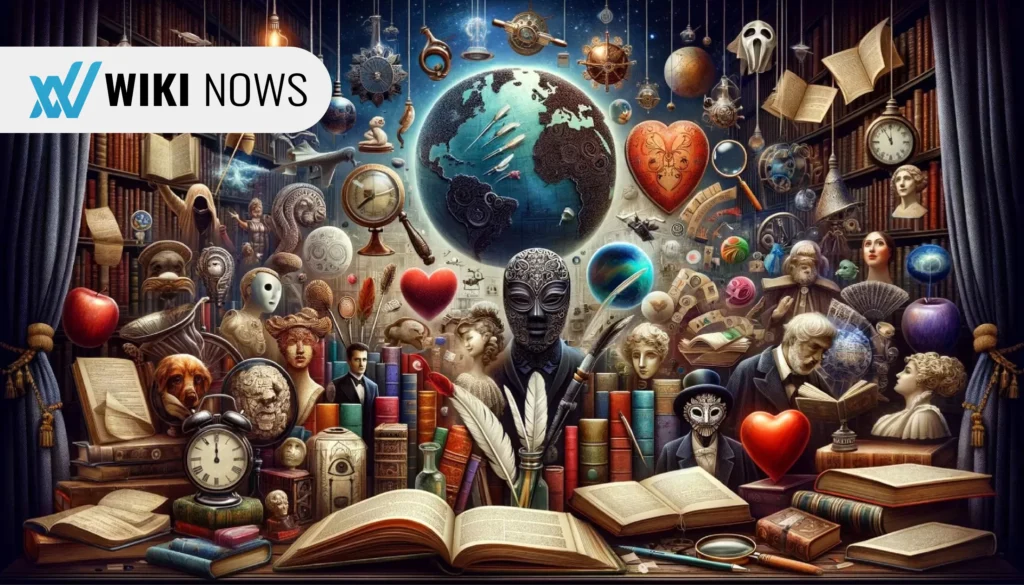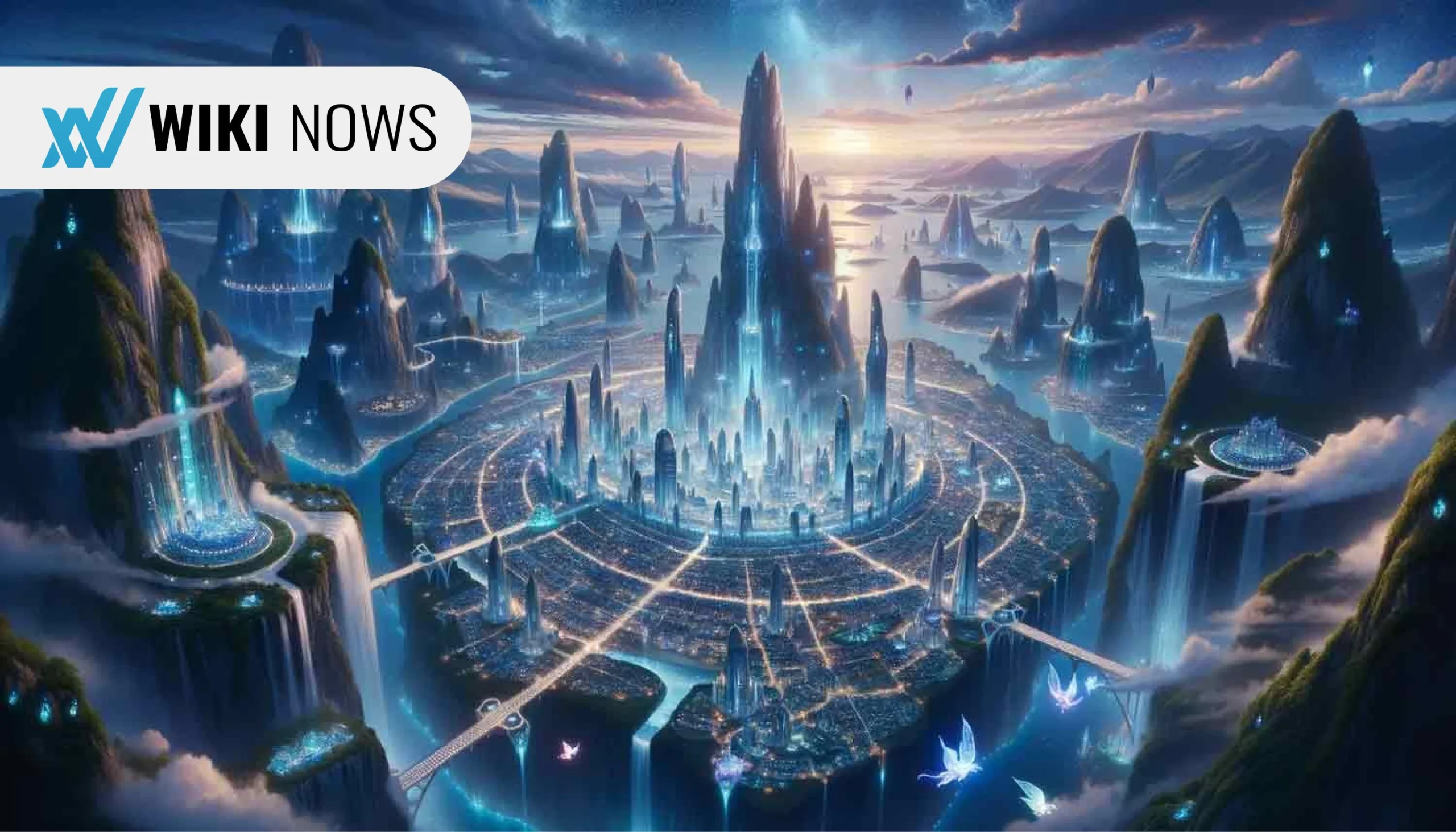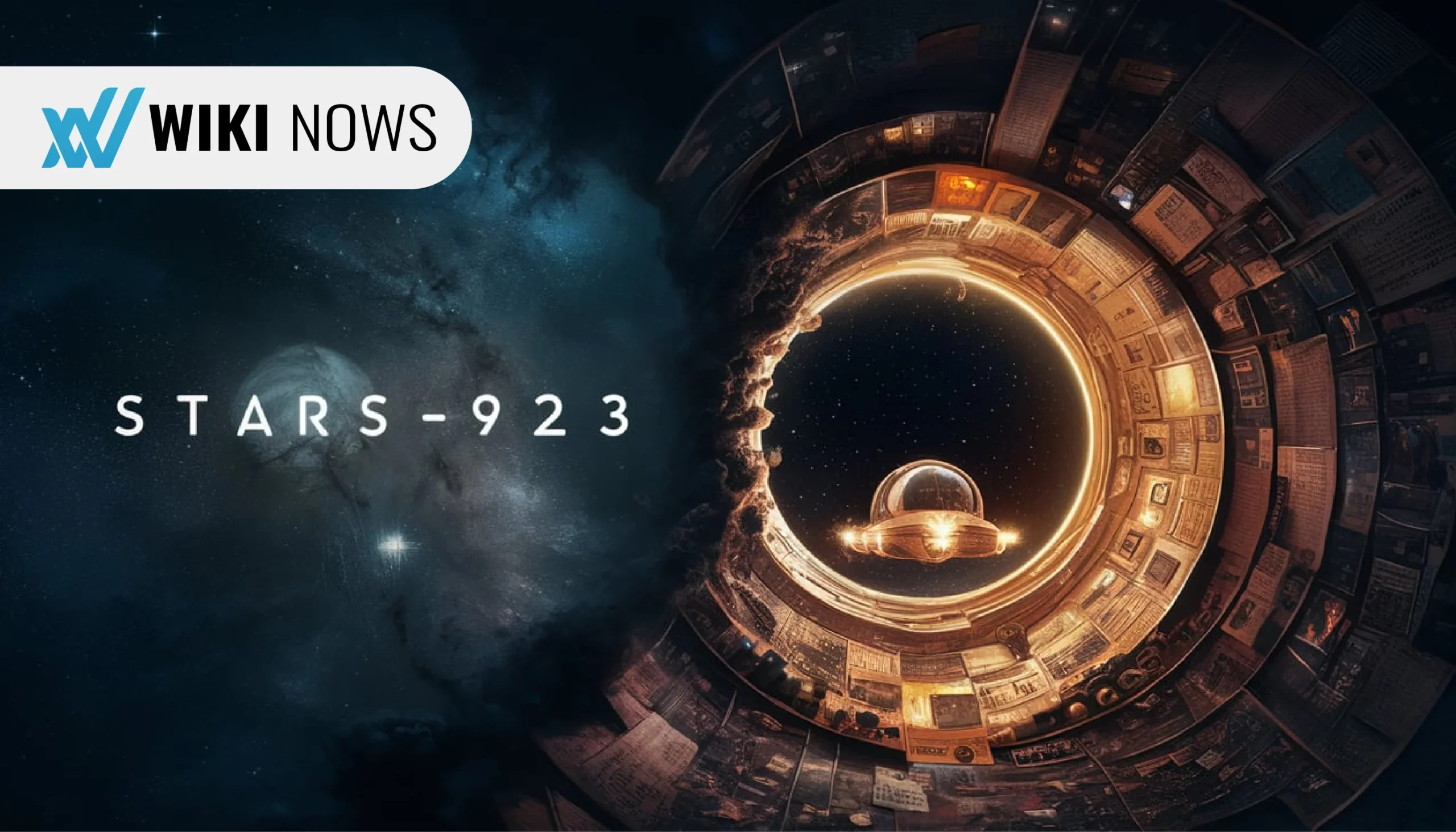Fantastic fiction transports readers into realms where magic is real, mythical creatures roam freely, and the boundaries of reality are stretched beyond imagination. This genre, encompassing elements of fantasy, science fiction, and supernatural occurrences, has captivated audiences for centuries. It allows readers to escape the mundane and dive into adventures that defy the laws of nature. This article explores the origins, evolution, and impact of fantastic fiction on literature and popular culture.
The Origins of Fantastic Fiction
Fantastic fiction has ancient roots, tracing back to mythologies and folklore from various cultures around the world. These early stories often passed down orally, were filled with gods, heroes, and fantastical creatures. They served not only as entertainment but also as moral lessons and explanations for natural phenomena.
Mythology and Folklore
In ancient Greece, myths were integral to understanding the world. The tales of gods like Zeus and heroes like Hercules were early forms of fantastic fiction, blending reality with the supernatural. Similarly, Norse mythology, with its gods, giants, and epic sagas, laid the groundwork for modern fantastic fiction.
Folklore from various cultures also contributed to the genre. Fairy tales collected by the Brothers Grimm, such as “Cinderella” and “Hansel and Gretel,” are prime examples. These stories often involved magical elements and creatures, providing a foundation for the genre’s development.
Early Literary Works
The transition from oral to written tales marked a significant evolution in fantastic fiction. Works such as “One Thousand and One Nights” (Arabian Nights) introduced readers to magical carpets, genies, and enchanted palaces. Similarly, Dante Alighieri’s “Divine Comedy” (1320) blended fantastical elements with a journey through the realms of the afterlife.
Another pivotal work is Geoffrey Chaucer’s “The Canterbury Tales” (late 14th century), which includes fantastical stories within its narrative. These early literary pieces paved the way for the genre to flourish in later centuries.
The Evolution of Fantastic Fiction
As literature evolved, so did the scope and complexity of fantastic fiction. The genre expanded beyond myths and folklore, incorporating new themes and exploring different aspects of human experience.

The Gothic Novel
The Gothic novel emerged in the late 18th century, blending horror and romance with fantastical elements. Horace Walpole’s “The Castle of Otranto” (1764) is considered the first Gothic novel, introducing readers to haunted castles, supernatural occurrences, and mysterious characters. Mary Shelley’s “Frankenstein” (1818) further developed the genre, combining science fiction with Gothic horror.
The Victorian Era
The Victorian era saw a surge in fantastic fiction, with authors exploring themes of industrialization, social change, and the unknown. Lewis Carroll’s “Alice’s Adventures in Wonderland” (1865) and “Through the Looking-Glass” (1871) captivated readers with their whimsical and surreal worlds. Meanwhile, H.G. Wells’ “The Time Machine” (1895) and “The War of the Worlds” (1898) introduced scientific concepts into the realm of fantastic fiction, laying the groundwork for modern science fiction.
The Golden Age of Science Fiction and Fantasy
The 20th century marked a golden age for fantastic fiction, with the genre gaining widespread popularity. J.R.R. Tolkien’s “The Hobbit” (1937) and “The Lord of the Rings” trilogy (1954-1955) revolutionized fantasy literature, creating richly detailed worlds and complex mythologies. Meanwhile, Isaac Asimov’s “Foundation” series (1942-1950) and Arthur C. Clarke’s “2001: A Space Odyssey” (1968) pushed the boundaries of science fiction, exploring futuristic technologies and existential themes.
The Impact of Fantastic Fiction on Popular Culture
Fantastic fiction has had a profound impact on popular culture, influencing various forms of media and shaping the collective imagination.
Film and Television
The advent of film and television brought fantastic fiction to a wider audience, with visual storytelling amplifying the genre’s impact. Early films like “Metropolis” (1927) and “King Kong” (1933) showcased futuristic and fantastical elements. The success of franchises like “Star Wars” and “Harry Potter” further cemented fantastic fiction’s place in popular culture, inspiring a new generation of fans and creators.
Comics and Graphic Novels
Comics and graphic novels have also played a significant role in the evolution of fantastic fiction. Marvel and D.C. Comics introduced iconic characters like Superman, Batman, and Spider-Man, blending superhero narratives with fantastical elements. Graphic novels like Neil Gaiman’s “The Sandman” series (1989-1996) explored darker and more complex themes, elevating the medium’s literary status.
Video Games
The rise of video games has opened new avenues for fantastic fiction, allowing players to immerse themselves in interactive worlds. Games like “The Legend of Zelda,” “Final Fantasy,” and “The Elder Scrolls” series offer rich narratives and expansive universes, blending fantasy and science fiction elements. These games have become cultural phenomena, influencing other media and attracting a dedicated fan base.
Themes and Tropes in Fantastic Fiction
Fantastic fiction is characterized by a range of themes and tropes that define the genre and resonate with readers.

The Hero’s Journey
One of the most enduring themes in fantastic fiction is the hero’s journey, a narrative structure identified by mythologist Joseph Campbell. This involves a protagonist embarking on an adventure, facing challenges, and ultimately achieving a transformative goal. Examples include Frodo Baggins in “The Lord of the Rings” and Harry Potter in J.K. Rowling’s series.
The Conflict Between Good and Evil
The battle between good and evil is a central theme in many fantastic fiction narratives. This often involves a clear division between heroic protagonists and evil antagonists, reflecting moral and ethical dilemmas. Stories like “The Chronicles of Narnia” by C.S. Lewis and “Star Wars” by George Lucas explore this conflict through epic battles and personal struggles.
The Exploration of Identity and Self-Discovery
Fantastic fiction frequently delves into themes of identity and self-discovery, with characters undergoing personal growth and transformation. This is evident in stories like “The Wizard of Oz,” where Dorothy’s journey leads to self-awareness and empowerment, and “The Matrix,” where Neo discovers his true potential and purpose.
The Blurring of Reality and Fantasy
A hallmark of fantastic fiction is the blurring of reality and fantasy, challenging readers to question their perceptions and beliefs. This is seen in works like “Alice’s Adventures in Wonderland,” where the boundaries between reality and imagination are fluid, and “Inception,” where dreams and reality intertwine.
The Influence of Fantastic Fiction on Modern Literature
Fantastic fiction has left an indelible mark on modern literature, inspiring authors and shaping genres.
The Rise of Urban Fantasy
Urban fantasy, a subgenre that blends fantastical elements with contemporary urban settings, has gained popularity in recent decades. Authors like Neil Gaiman (“Neverwhere”), Jim Butcher (“The Dresden Files”), and Charlaine Harris (“The Southern Vampire Mysteries”) have brought fantastical narratives into the modern world, exploring themes of magic, mystery, and supernatural beings in urban environments.
The Expansion of Young Adult (YA) Fiction
Fantastic fiction has also significantly influenced young adult fiction, with many Y.A. novels incorporating elements of fantasy and science fiction. Series like “Harry Potter” by J.K. Rowling, “The Hunger Games” by Suzanne Collins, and “Percy Jackson” by Rick Riordan have captivated younger audiences, blending coming-of-age stories with fantastical adventures.
The Cross-Pollination of Genres
The boundaries between genres have become increasingly fluid, with fantastic fiction often intersecting with other literary genres. This cross-pollination has led to the emergence of new subgenres and hybrid forms, such as science fantasy, speculative fiction, and magical realism. Authors like Margaret Atwood (“The Handmaid’s Tale”), Haruki Murakami (“Kafka on the Shore”), and N.K. Jemisin (“The Broken Earth” series) has explored these intersections, enriching the literary landscape.
The Future of Fantastic Fiction
As the genre continues to evolve, fantastic fiction remains a dynamic and influential force in literature and popular culture.

The Role of Technology
Advancements in technology are shaping the future of fantastic fiction, both in terms of content and medium. Virtual reality (V.R.) and augmented reality (A.R.) are creating new immersive experiences, allowing audiences to interact with fantastical worlds in unprecedented ways. Authors and creators are also exploring the impact of artificial intelligence (A.I.), biotechnology, and other emerging technologies on society, pushing the boundaries of the genre.
Diverse Voices and Perspectives
The future of fantastic fiction is increasingly inclusive, with a growing emphasis on diverse voices and perspectives. Authors from different cultural backgrounds are bringing fresh narratives and unique viewpoints to the genre, enriching its tapestry. Works like Nnedi Okorafor’s “Binti” series, Silvia Moreno-Garcia’s “Mexican Gothic,” and Ken Liu’s “The Grace of Kings” highlight the importance of diverse representation in fantastic fiction.
Environmental and Social Themes
Contemporary fantastic fiction is also addressing pressing environmental and social issues, reflecting the concerns of modern society. Climate change, sustainability, and social justice are themes that resonate in works like Jeff VanderMeer’s “Southern Reach” trilogy, Paolo Bacigalupi’s “The Windup Girl,” and Octavia Butler’s “Parable of the Sower.” These narratives use fantastical elements to explore and critique real-world challenges, offering readers both escapism and insight.
Conclusion
Fantastic fiction, with its roots in ancient mythology and folklore, has evolved into a rich and diverse genre that continues to captivate and inspire. From the early literary works of the Gothic novel to the expansive universes of modern fantasy and science fiction, the genre has pushed the boundaries of imagination and storytelling. Its impact on popular culture, literature, and society is profound, reflecting the timeless appeal of stories that transport us beyond the ordinary.




